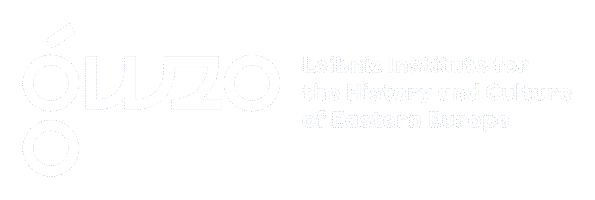Investigation of processes and patterns of (re)imagining, negotiating and prioritising the historical, socio-cultural, spatial and economic values of urban heritage by looking at the housing heritage of the Tsarist industrialisation, avant-garde and late modernism in the cities of Chelyabinsk, Yekaterinburg and Magnitogorsk.
Joint lead: Dr. Corinne Geering and Prof. Dr. Arnold Bartetzky (both historical and cultural studies, GWZO Leipzig), together with Dr. Mikhail Ilchenko and Polina Gundarina M.A. (both GWZO Leipzig).
Based at the Leibniz Institute for the History and Culture of Eastern Europe (GWZO) in Leipzig.
This sub-project investigates processes and patterns of (re)imagining, negotiating and prioritizing the historical, socio-cultural, spatial and economic values of urban heritage. It focuses particularly on the housing heritage in industrial cities. The research methods include discourse analysis of specialist literature and public discussion in media, guided interviews and focus group meetings as well as the examination of planning documents.
The aim of the first phase of work is to prepare the archival and field research with respect to the historical transformation of values associated with the built heritage from the socialist period. This will involve a discourse analysis of the literature regarding three case studies in Russia: Magnitogorsk (a prime example of the ‘socialist city’), Yekaterinburg (the ‘capital of constructivism’), and Chelyabinsk (a major industrial city). This phase will also contextualize the national and international conditions and policies of value building with reference to the post-Soviet region at large.
The second phase is devoted to the continuities and changes in the approaches of authorities to the housing heritage in urban development since the Soviet period. This includes archival research on the attitudes towards the built heritage in Russia, based on position papers and other documents of heritage conservation and urban planning authorities.
In the third phase, special interest is given to the attitudes among the residents in housing districts. Focus group discussions will be conducted in order to examine the post-Soviet changes in the value building and planning concepts for urban heritage.
The aim of the fourth phase is to analyze the role of international organizations and networks such as ICOMOS or DOCOMOMO and the post-Soviet frameworks in the value building of the built heritage on the base of archival research and interviews.
Continuous project tasks include knowledge transfer in the form of publications and workshops as well as involvement in the activities of the collaborative research project. Particular emphasis is placed on the contribution of the project to regional studies, the integration of its findings into teaching and the support for doctoral researcher.









